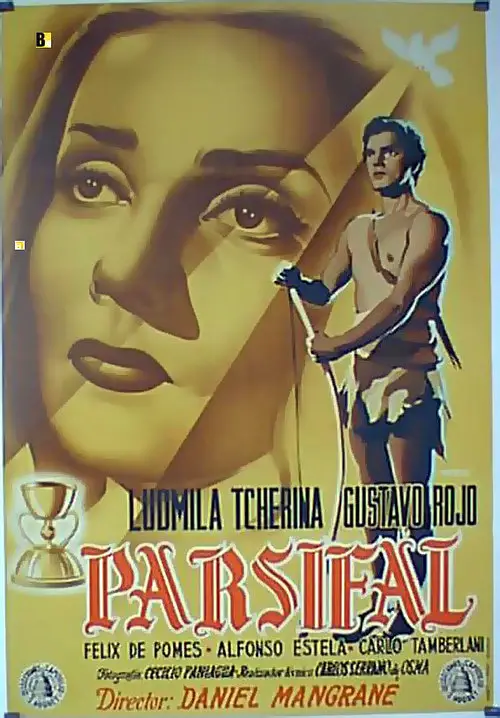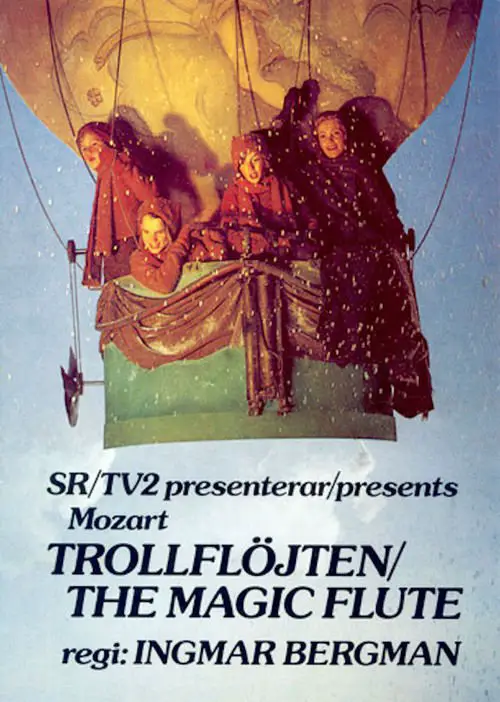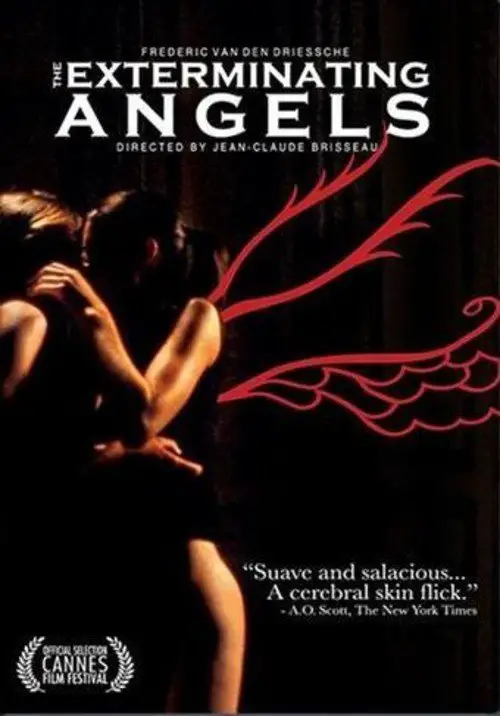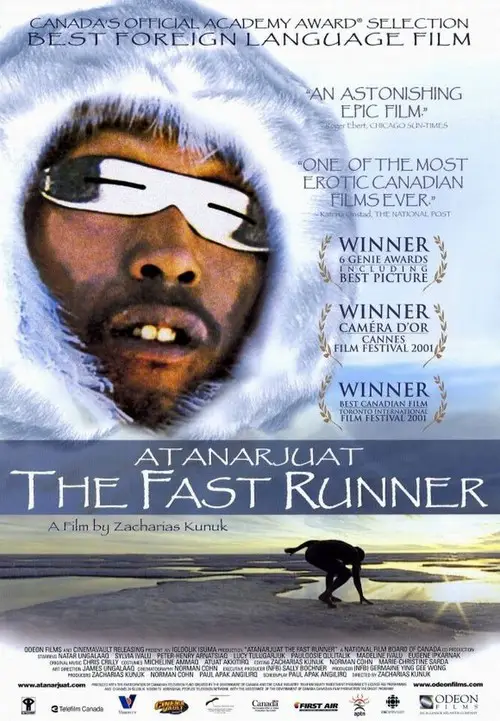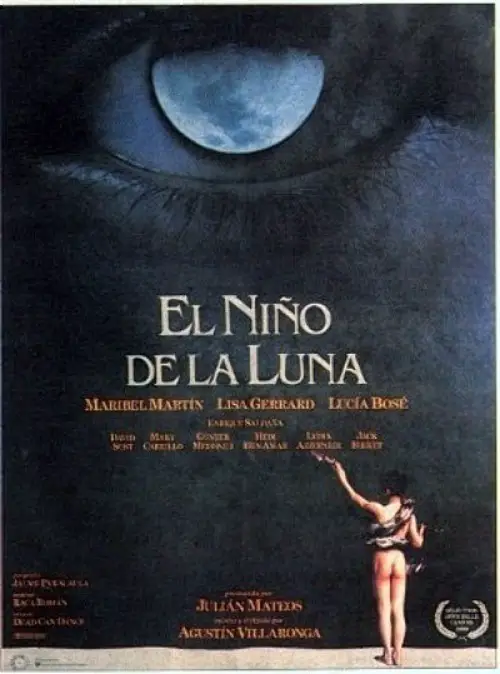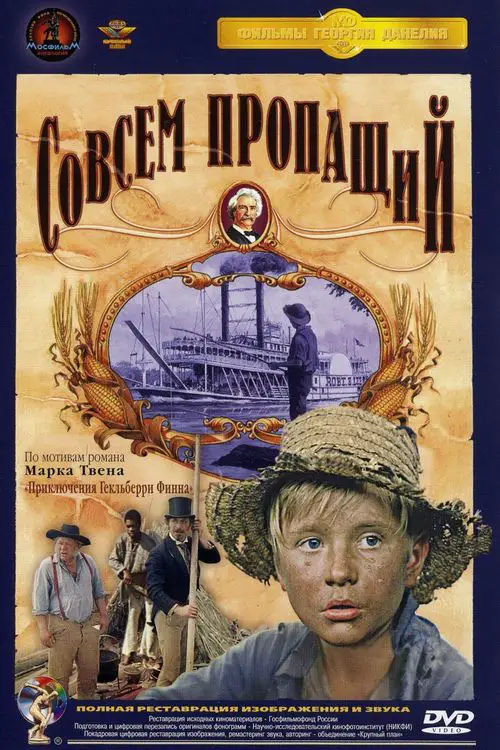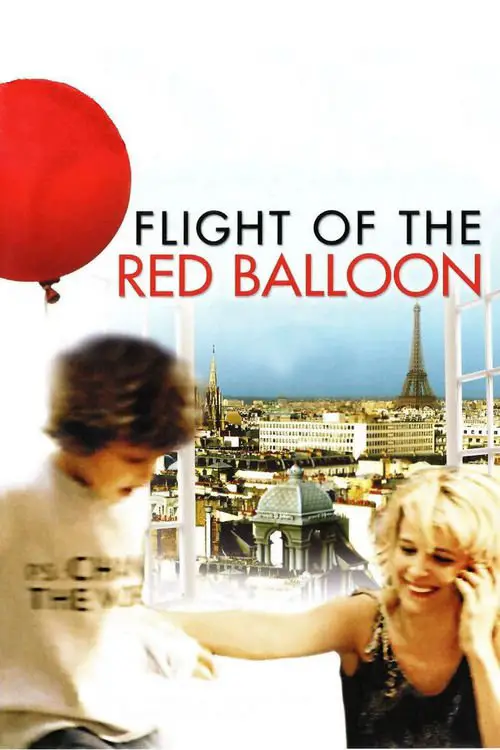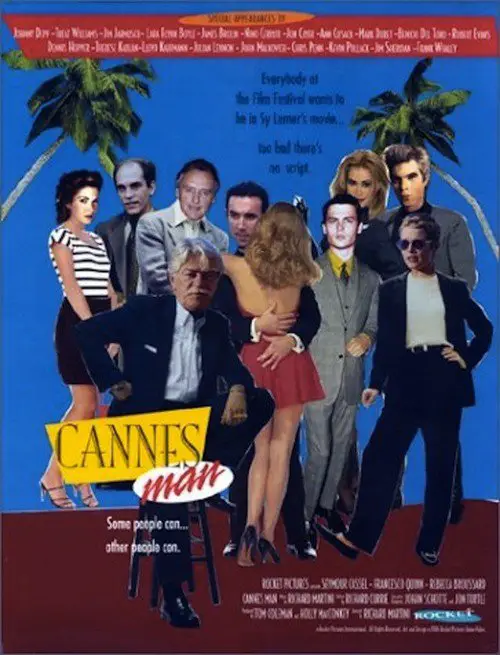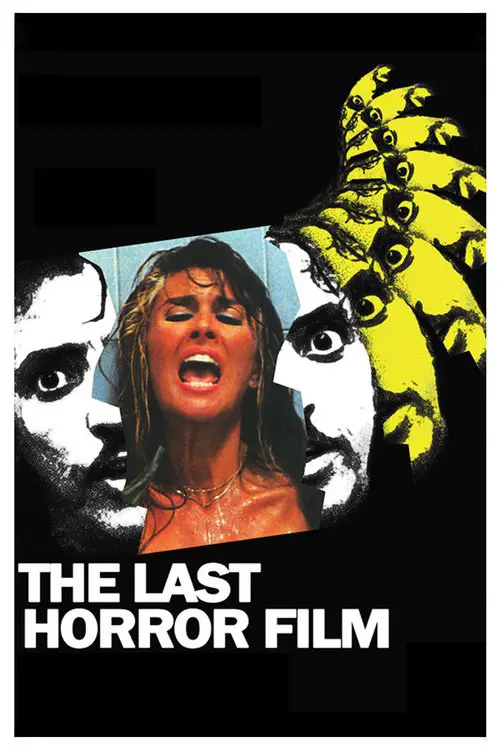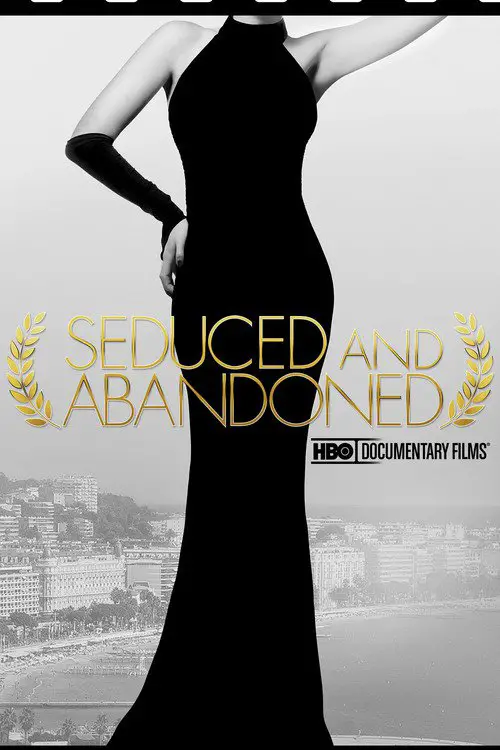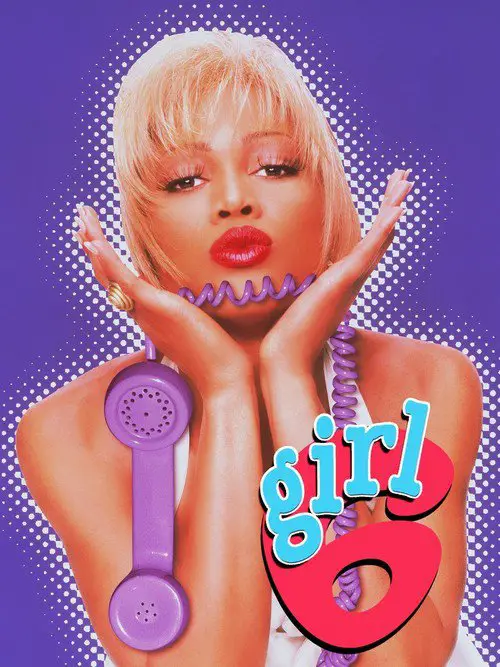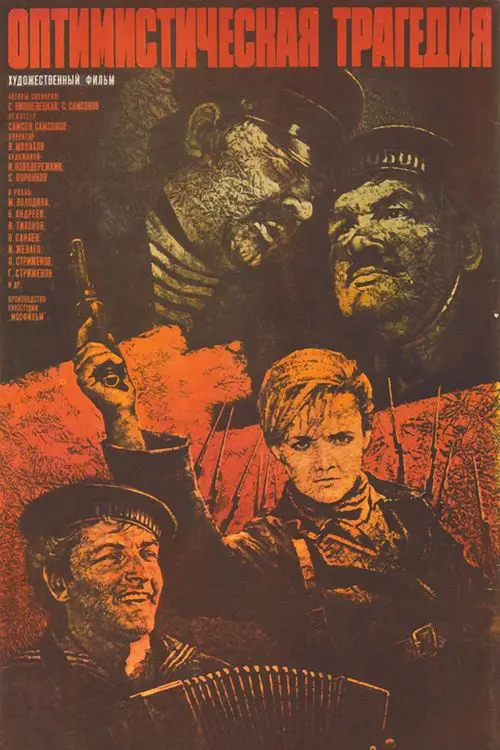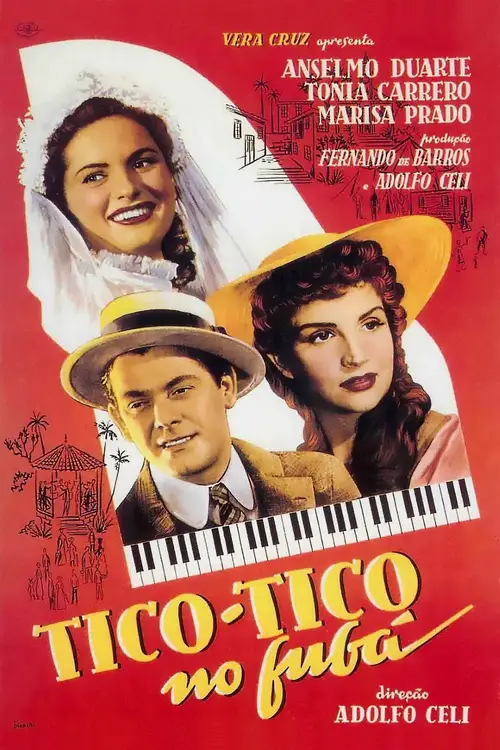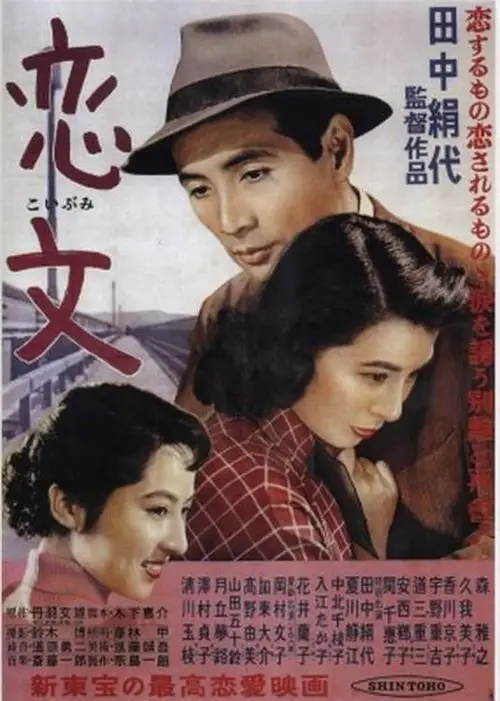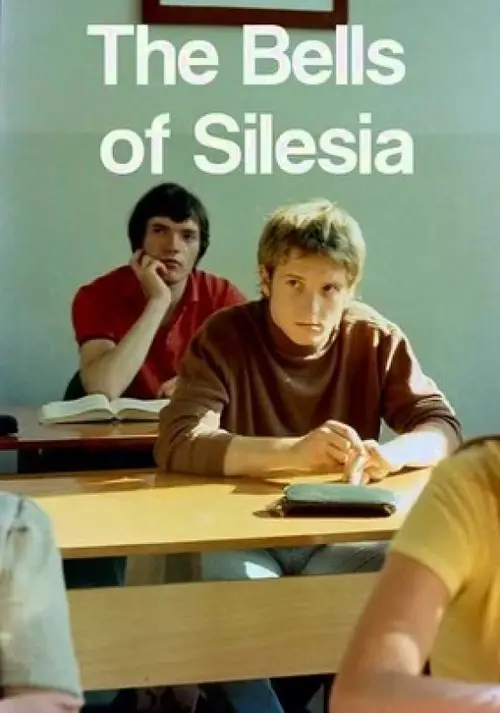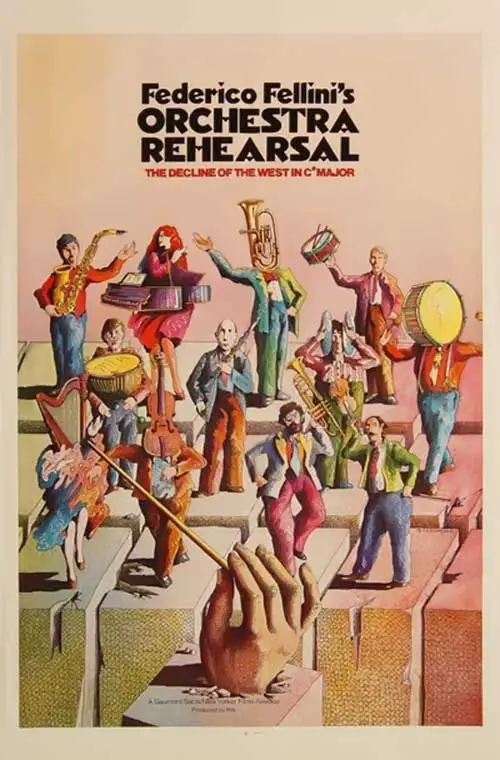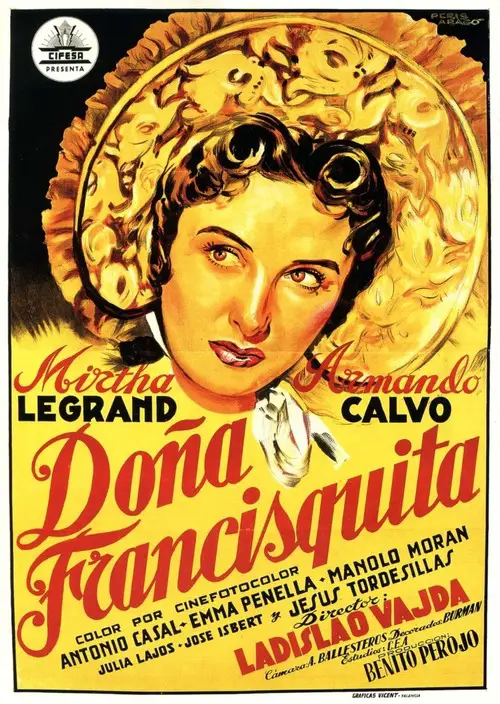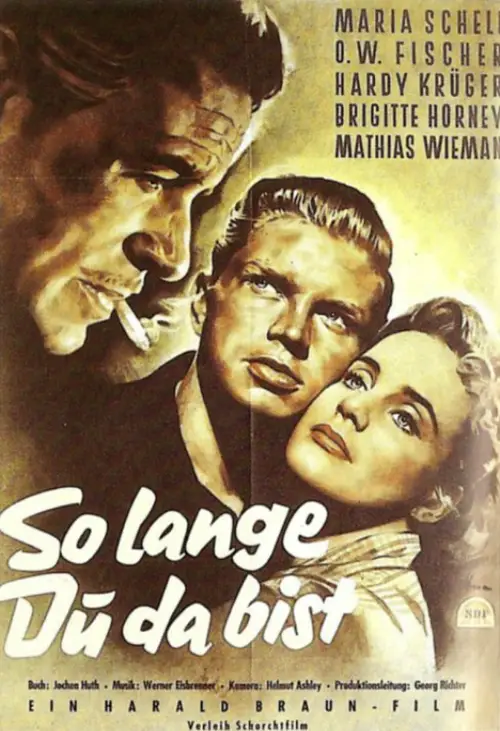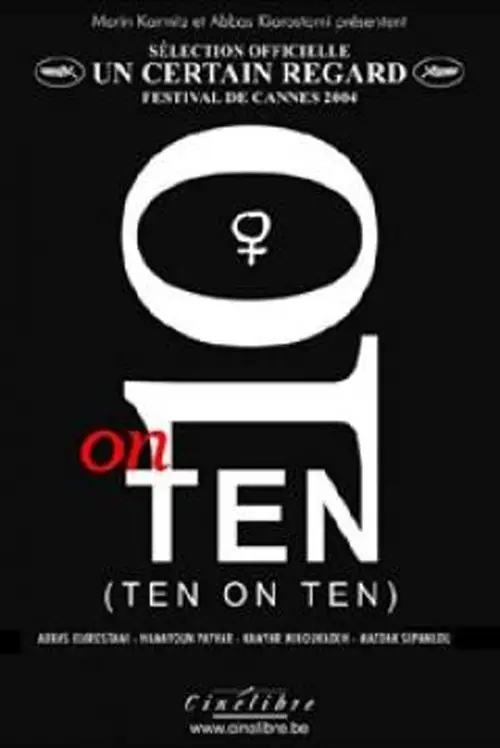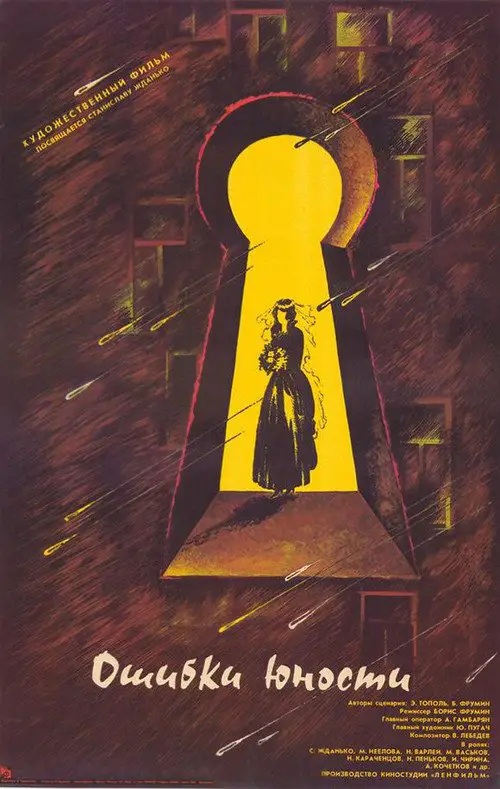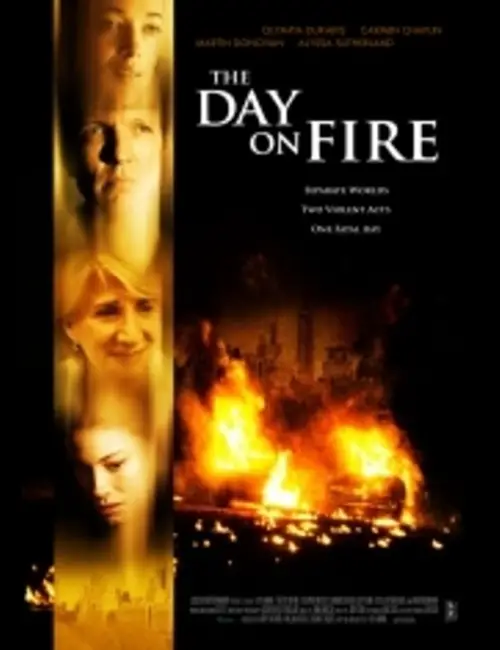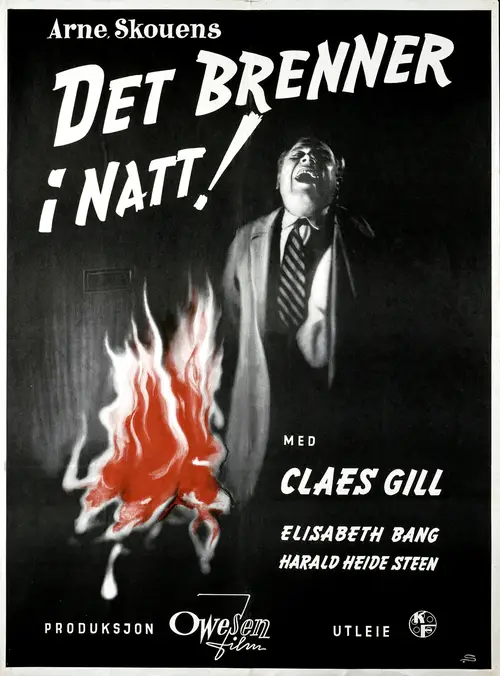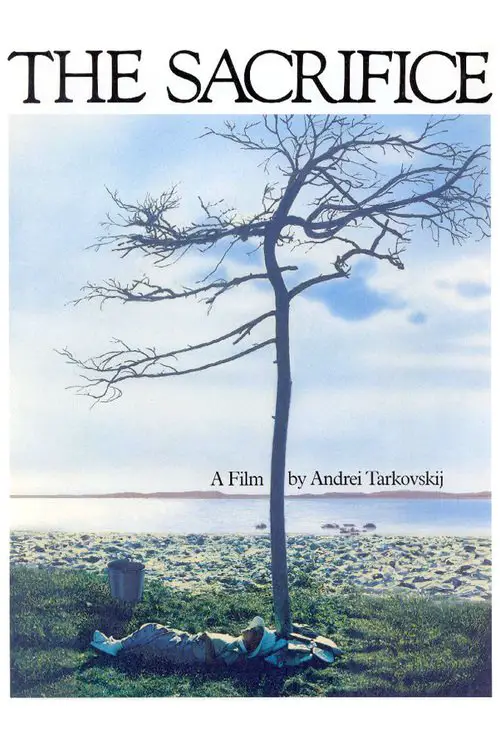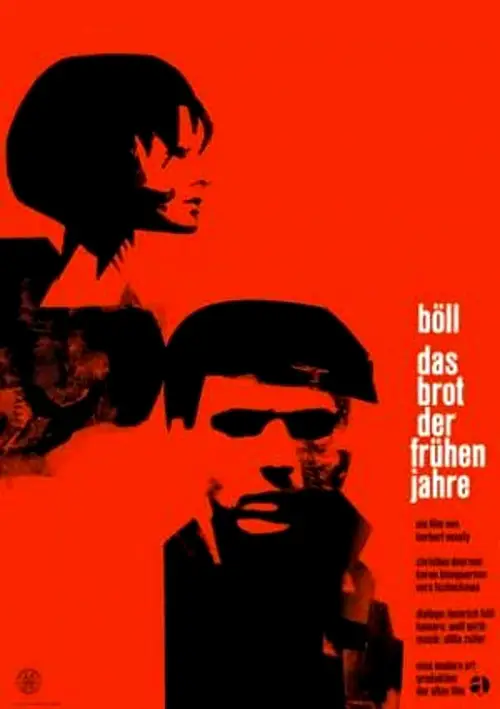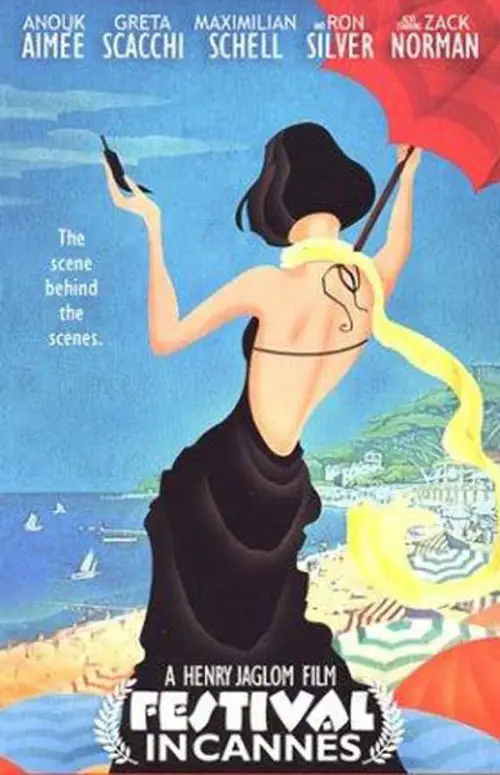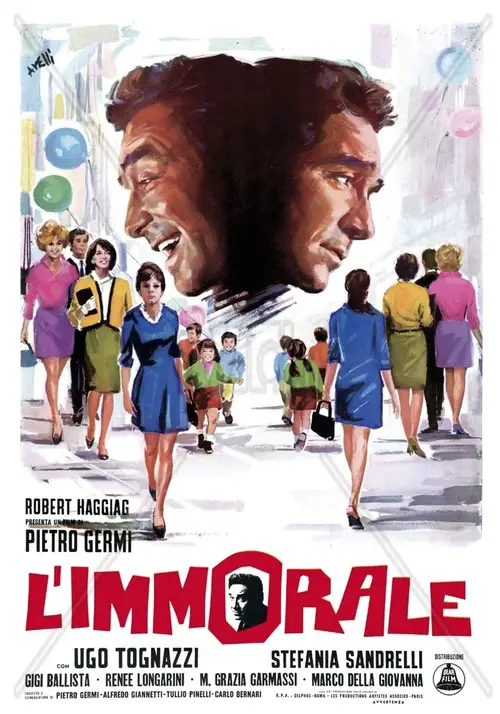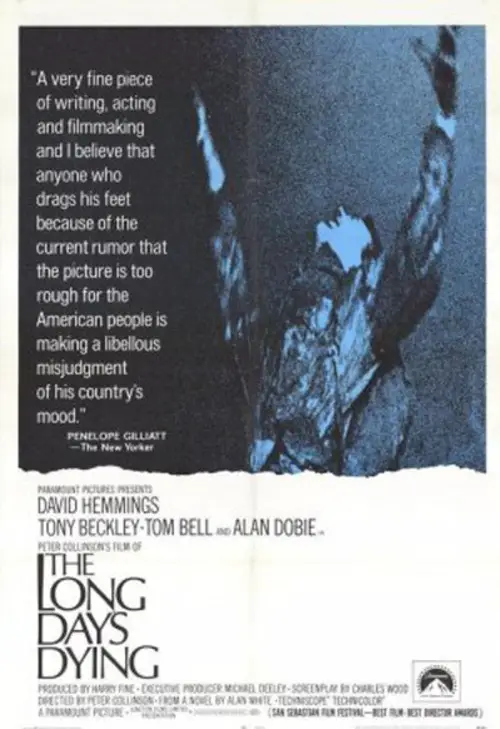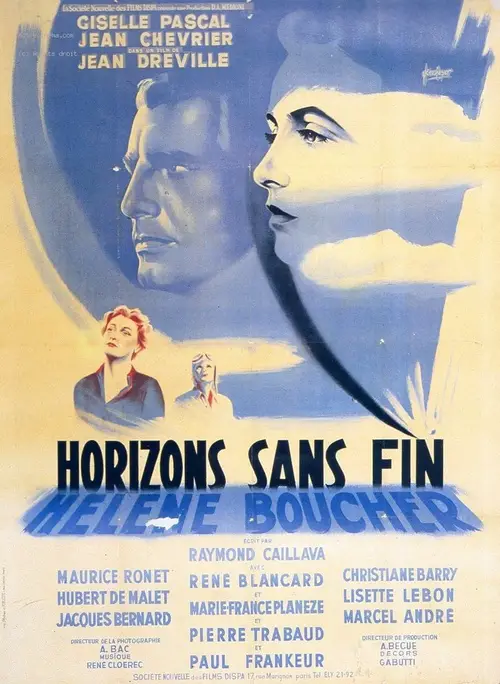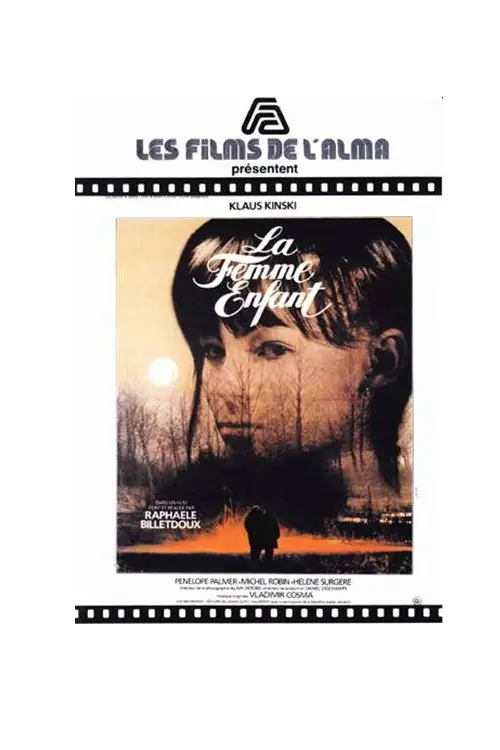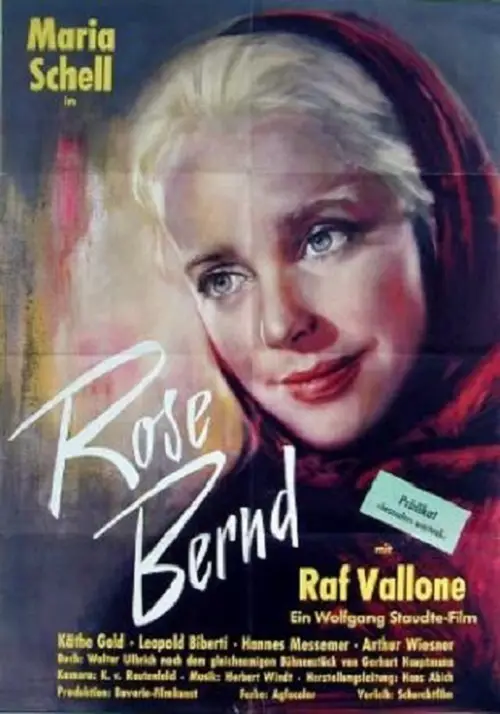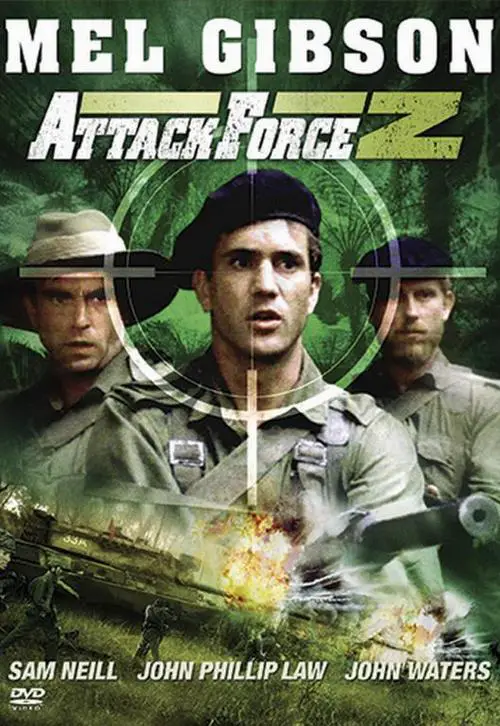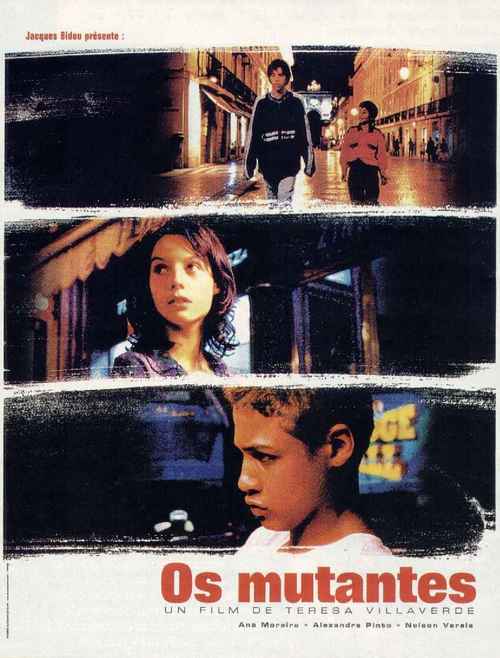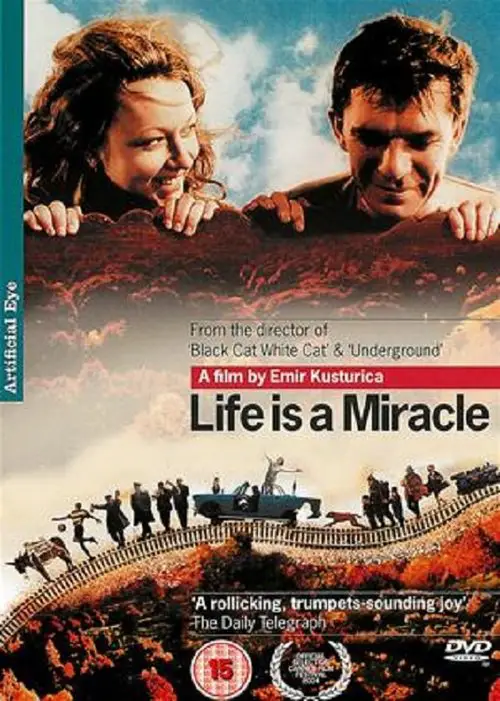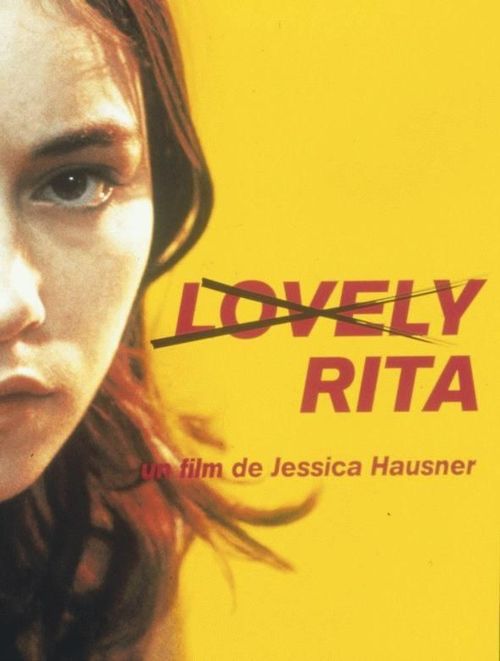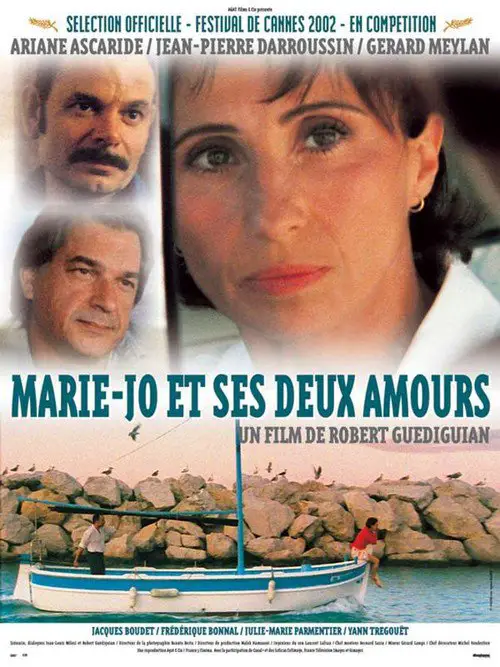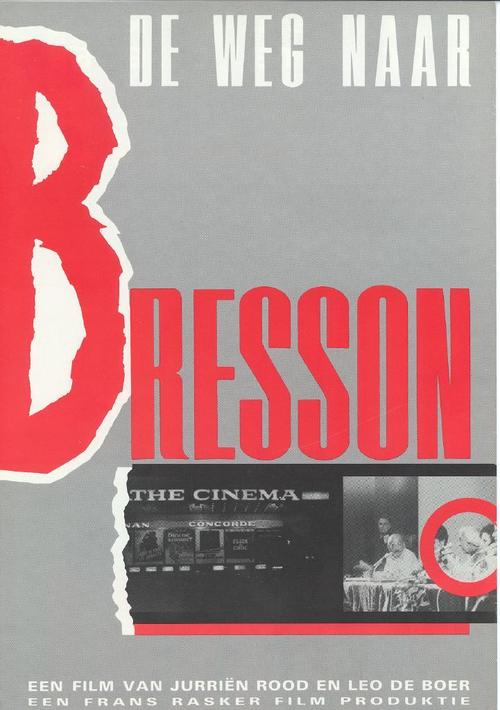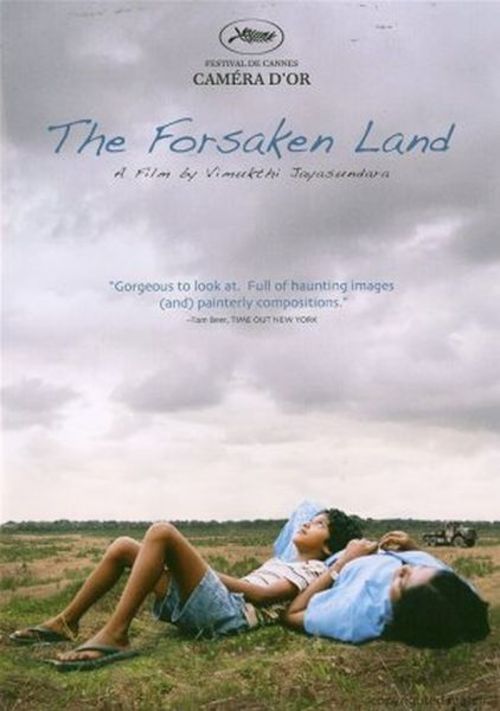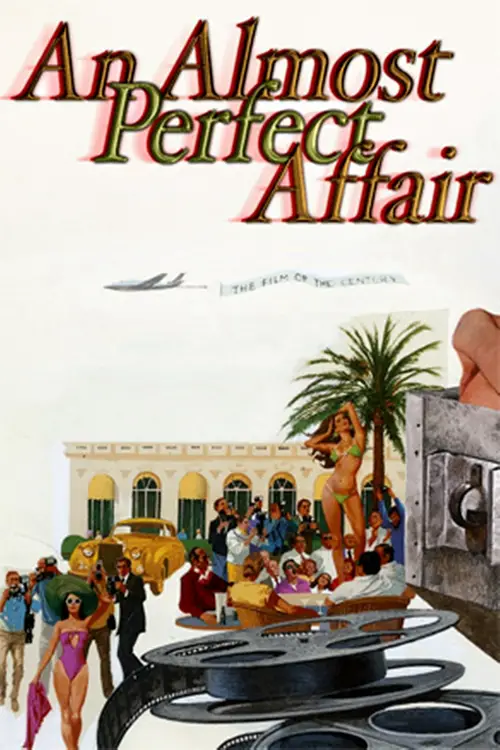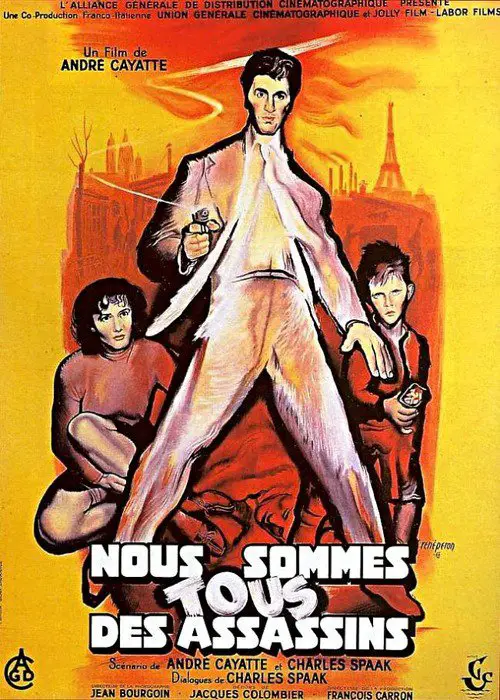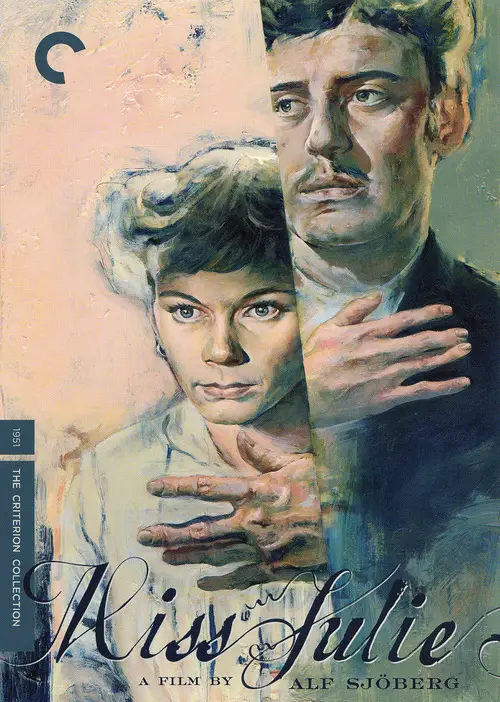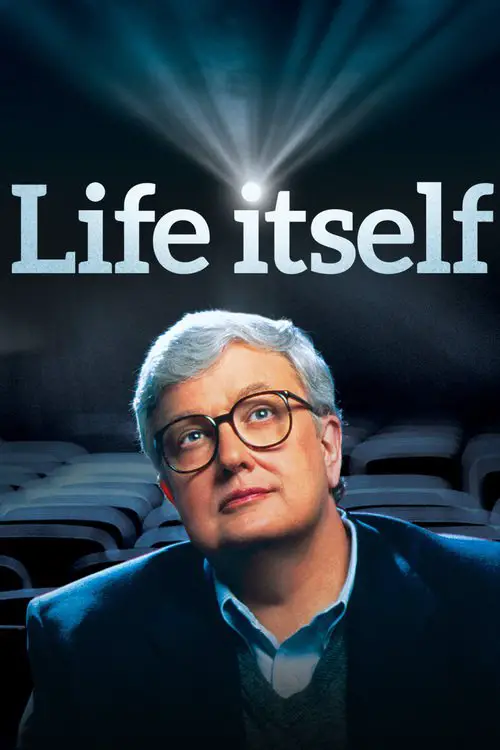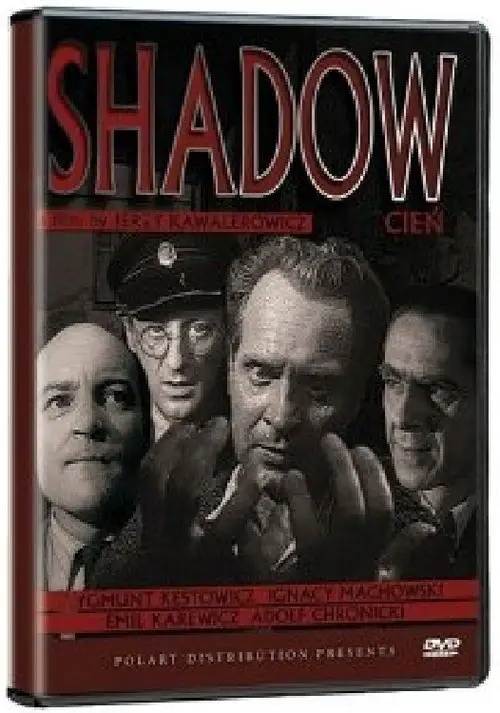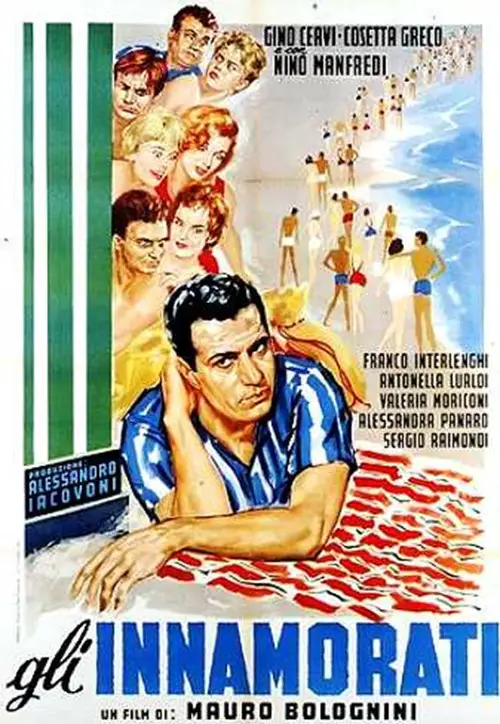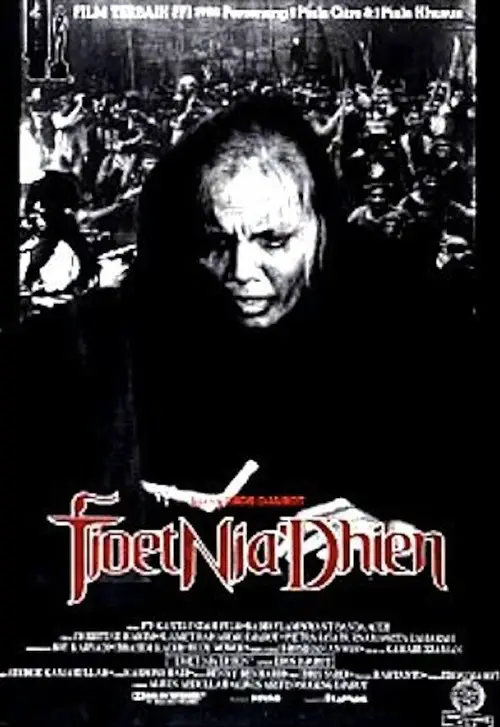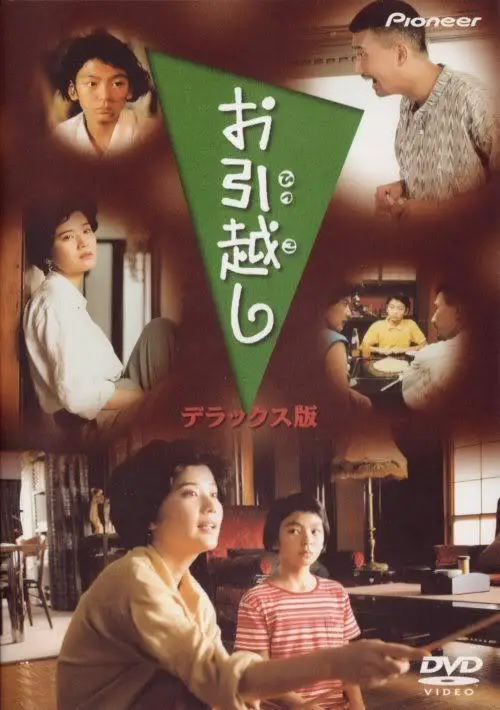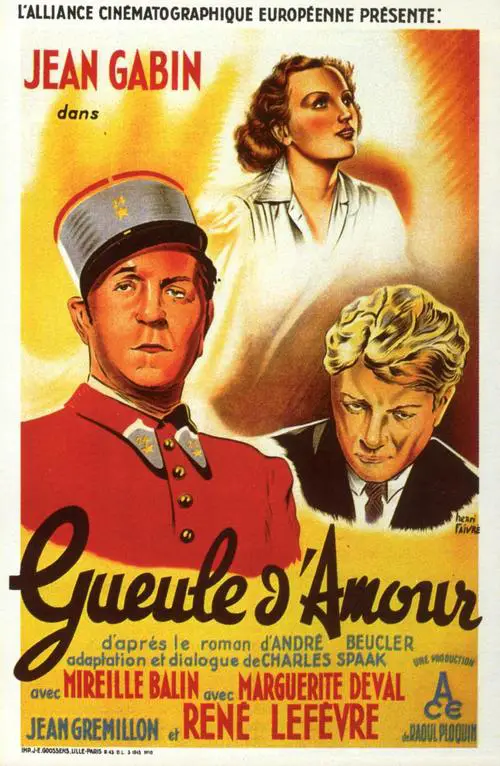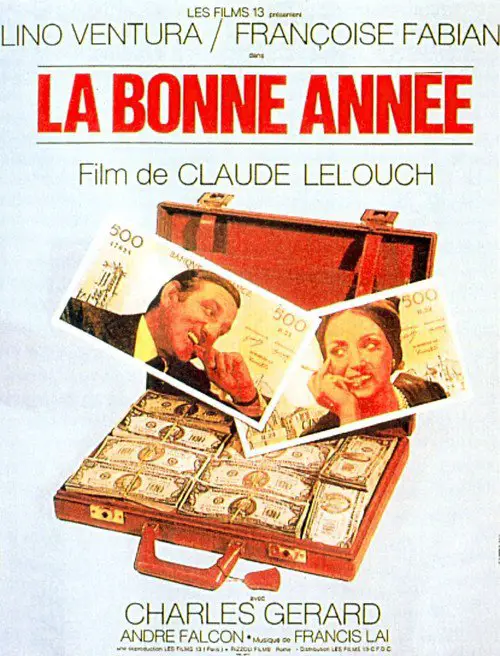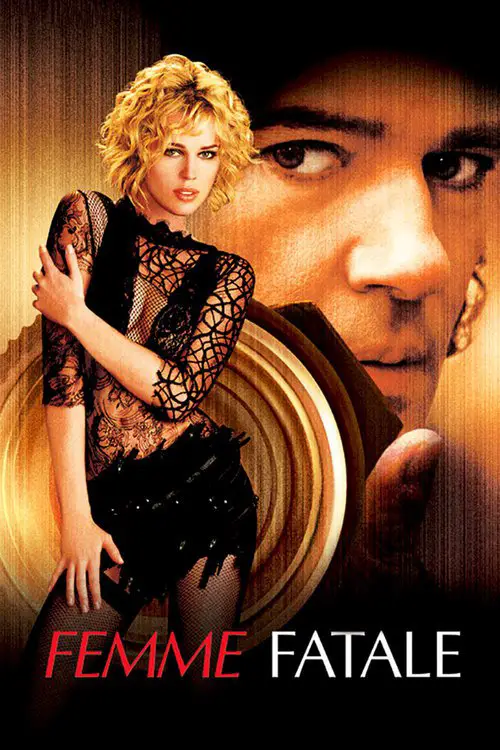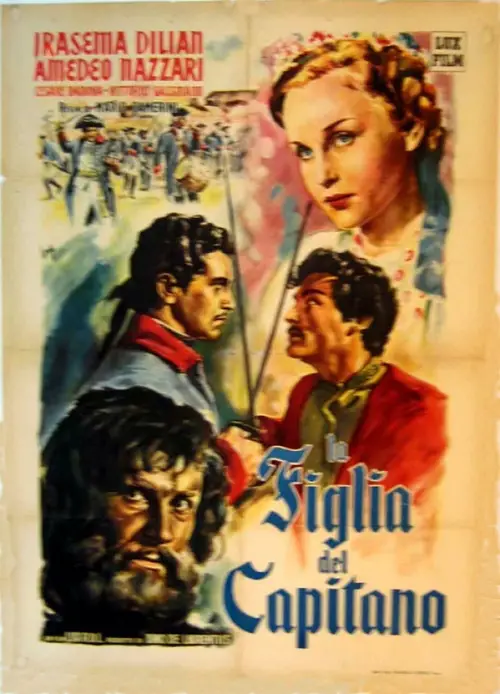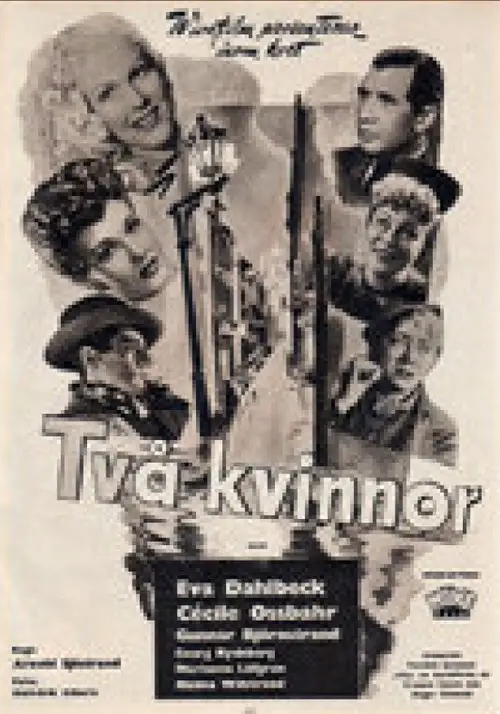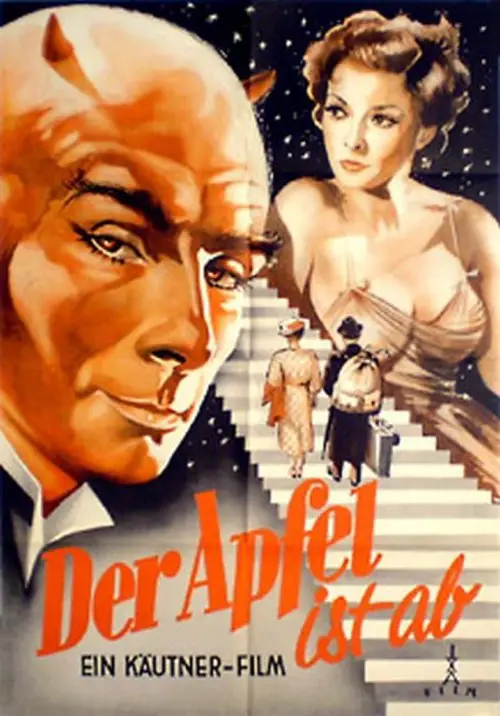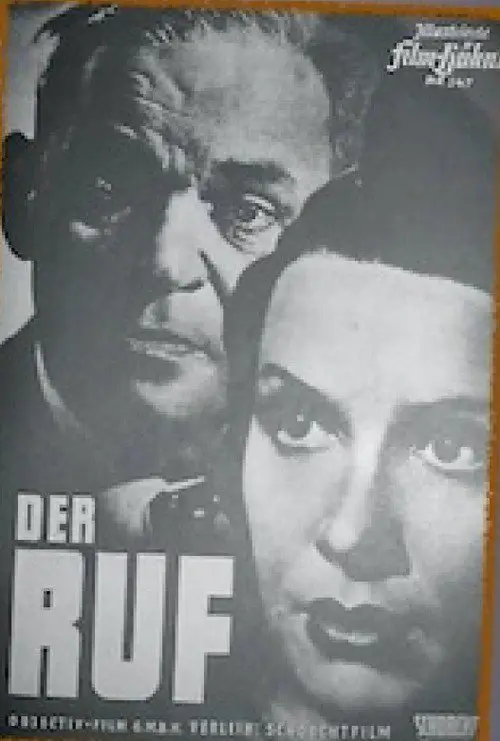Hatched: Chicks Gone Wild! (2015)
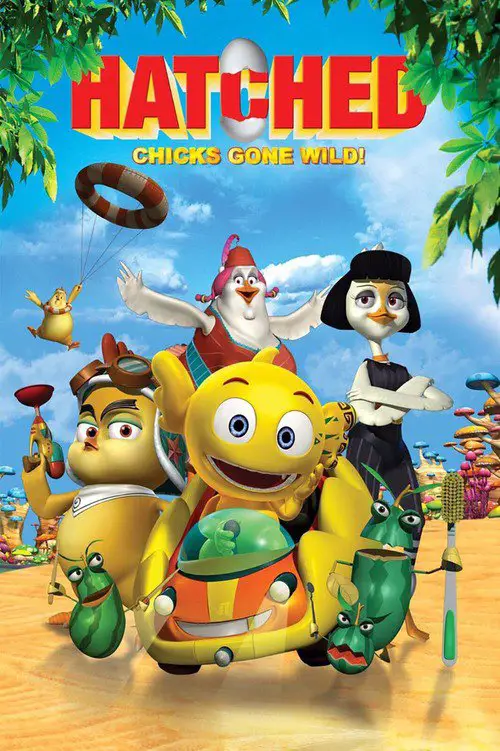
Similar movies
The Magic Flute (Swedish: Trollflöjten) is Ingmar Bergman's 1975 film version of Mozart's opera Die Zauberflöte. It was intended as a television production and was first shown on Swedish television but was followed by a cinema release later that year. The film was shown at the 1975 Cannes Film Festival, but was not entered into the main competition. The film is notable as the first made-for-television film with a stereo soundtrack. However, because of its 1975 television origins, it was not made in widescreen.
Based on a local legend and set in an unknown era, it deals with universal themes of love, possessiveness, family, jealousy and power. Beautifully shot, and acted by Inuit people, it portrays a time when people fought duels by taking turns to punch each other until one was unconscious, made love on the way to the caribou hunt, ate walrus meat and lit their igloos with seal-oil lamps.
Ting-yin, a young novelist, is struggling to come up with a followup to her best-selling trilogy of romance novels. After drafting her first chapter, she stops and deletes the file from her computer. She then starts seeing strange, unexplainable things and finds that she is experiencing the supernatural events that she described in her novel-to-be.
From Wikipedia, the free encyclopedia. Hopelessly Lost is a 1973 Soviet adventure comedy directed by Georgi Daneliya based on Mark Twain's Adventures of Huckleberry Finn. Cinematography by Vadim Yusov. It was entered into the 1974 Cannes Film Festival. Description above from the Wikipedia article Hopelessly Lost, licensed under CC-BY-SA, full list of contributors on Wikipedia.
The first part in a new series of films produced by Musée d'Orsay, 'Flight of the Red Balloon' tells the story of a French family as seen through the eyes of a Chinese student. The film was shot in August and September 2006 on location in Paris. This is Hou Hsiao-Hsien's first Western film. It is based on the classic French short The Red Balloon directed by Albert Lamorisse.
Film producer Sy Lerner makes a bet with a fellow film executive that he can turn any nobody into a star at the Cannes Film Festival. A New York cab driver who is visiting the festival is chosen as the test subject to settle the bet and Sy uses his skills of hype and manipulation to try and turn the cab driver named Frank into the talk of the town. Many celebrities make cameos throughout the film.
SEDUCED AND ABANDONED combines acting legend Alec Baldwin with director James Toback as they lead us on a troublesome and often hilarious journey of raising financing for their next feature film. Moving from director to financier to star actor, the two players provide us with a unique look behind the curtain at the world's biggest and most glamourous film festival, shining a light on the bitter-sweet relationship filmmakers have with Cannes and the film business. Featuring insights from directors Martin Scorsese, 'Bernando Bertolucci' and Roman Polanski; actors Ryan Gosling and Jessica Chastain and a host of film distribution luminaries.
Girl 6 is a 1996 American film by director Spike Lee about a phone sex operator. Theresa Randle played the title character, and playwright Suzan-Lori Parks wrote the screenplay. The soundtrack is composed entirely of songs written by Prince. The film was screened in the Un Certain Regard section at the 1996 Cannes Film Festival. Directors Quentin Tarantino and Ron Silver make cameo appearances as film directors at a pair of interesting auditions.
As the communist revolt progresses in Russia, a female commissar is dispatched to some anarchist sailors to get them on board the party bandwagon. Her arrival is met with skepticism and an attack by an aspiring rapist. She shoots the man in self defense and begins to form the sailors into a cohesive fighting unit. Joining the unit for a mission, the sailors are all murdered before they can convert to communism. The fallen angel is held up as a symbolic heroine to the people's cause in this decidedly propaganda-drenched film. The film took a specially created prize at the 1963 Cannes Film Festival, somewhat to the consternation of critics who failed to observe its merits.
Tico-Tico no Fubá is a 1952 Brazilian comedy film directed by Adolfo Celi and starring Anselmo Duarte. It was entered into the 1952 Cannes Film Festival. The film is a fictionalized biography of Brazilian composer Zequinha de Abreu (1880â1935), who penned the song "Tico-Tico no Fubá" that became an international hit in the 1940s.
Havoc (German: Das Unheil) is a 1972 West German thriller film directed by Peter Fleischmann. It was entered into the 1972 Cannes Film Festival. Based on Martin Walser's compelling novel, this multilayered drama examines life in West Germany in the early 1970s, when the pressures of modern society have complicated effects on the citizens of a small town preparing for a festival.
Orchestra Rehearsal (Italian: Prova d'orchestra) is a 1978 Italian film directed by Federico Fellini. It follows an Italian orchestra as the members go on strike against the conductor. The film was shown out of competition at the 1979 Cannes Film Festival. Considered by some to be underrated Orchestra Rehearsal was the last collaboration between composer Nino Rota and Fellini, due to Rota's death in 1979.
10 on Ten is a 2004 Iranian documentary film directed by Abbas Kiarostami. It was screened in the Un Certain Regard section at the 2004 Cannes Film Festival. Looking to his own art for inspiration, Abbas Kiarostami reflects on his techniques of filming and how he taped certain sequences in Ten in 2001.
From Wikipedia, the free encyclopedia.Errors of Youth (Russian: ÐÑибки ÑноÑÑи, Oshibki yunosti) is a Soviet drama film directed in 1978 by Boris Frumin. It was screened in the Un Certain Regard section at the 1989 Cannes Film Festival.Description above from the Wikipedia article Errors of Youth, licensed under CC-BY-SA, full list of contributors on Wikipedia.
Day on Fire is an American film which was produced by Lodestar Entertainment and filmed in New York City and Israel in 2006. It is written and directed by Jay Anania, stars Academy Award winner Olympia Dukakis, Carmen Chaplin, Alyssa Sutherland and Martin Donovan and is produced by William Fisch and Larry Rattner. The film was scored by John Medeski with vocals by Judy Kuhn. Day on Fire was screened at the 2006 Cannes Film Festival on May 22, 2006.
Cannes, 1999. Alice, an actress, wants to direct an indie picture. Kaz, a talkative (and maybe bogus) deal maker, promises $3 million if she'll use Millie, an aging French star. But, Rick, a big producer, needs Millie for a small part in a fall movie or he loses his star, Tom Hanks. Is Kaz for real? Can Rick sweet-talk Alice and sabotage Kaz to keep Millie from taking that deal? Millie consults with Victor, her ex, about which picture to make, Rick needs money, an ingenue named Blue is discovered, Kaz hits on Victor's new love, and Rick's factotum connects with Blue. Knives go in various backs. Wheels spin. Which deals - and pairings - will be consummated?
L'immorale is a 1967 Italian comedy film directed by Pietro Germi. It was entered into the 1967 Cannes Film Festival. It was about a violin player that going to be father of a sixth child by his second mistress, Marisa. Quite nervous about that, he does not leave the clinic... except to drive Giulia, his legitimate wife, along with his legitimate kids to the station as they leave for a vacation at the seaside.
During the course of an ordinary week in Hollywood, movie producer Ben (Robert De Niro) must navigate his way through shark-infested waters as he struggles to complete his latest projects. A demanding studio boss (Catherine Keener) demands extensive changes to a movie starring Sean Penn, while another chief won't greenlight a project unless star Bruce Willis shaves his beard. Meanwhile, Ben tries to reconcile with his wife and maintain a relationship with his young daughter.
The life story of famed French aviatrix Helene Boucher is detailed in Horizons san Fin (Endless Horizons). Giselle Pascal stars as Boucher, who is first seen in 1930, leaving her millinery shop behind in favor of the wild blue yonder. Though the world of aviation was still essentially an all-male one (despite England's Amy Johnson and America's Amelia Earhart), Boucher perseveres, eventually breaking all existing male and female speed and height records. A bit slow on the uptake in the dramatic scenes, the film soars (no pun intended) during the aerial sequences. Horizons san Fin was the winner of the Catholic Award at the 1953 Cannes Film Festival.
West Germany's entry in the 1957 Cannes Film Festival was this cinemadaptation of the Gerhardt Hauptman play Rose Bernd. The title character, played by Maria Schell, is a servant girl on a remote farm. Sexually assaulted by both her employer and a coworker, Rose later bears a child, who die soon afterward. After nearly two hours of unrelieved misery, Rose finally finds happiness in the arms of a longtime admirer (where has he been for the past 12 reels?) Rose Bernd (aka The Sins of Rose Bernd) received a smattering of American showings thanks to the drawing power of star Maria Schell.
Difficult tale of poor, struggling South Carolinian mother & daughter, who each face painful choices with their resolve and pride. Bone, the eldest daughter, and Anney her tired mother, grow both closer and farther apart: Anney sees Glen as her last chance. The film won an Emmy Award for "Outstanding Casting for a Miniseries or a Special" and was nominated for "Outstanding Directing for a Miniseries or a Special", "Outstanding Supporting Actress in a Miniseries or a Special", and "Outstanding Made for Television Movie". It was screened in the Un Certain Regard section at the 1996 Cannes Film Festival.
Tim Burstall directs then-up-and-comers Mel Gibson and Sam Neill in this action-packed Cannes Film Festival selection about the grim realities of World War II, a gritty drama based on actual events. Sent to rescue survivors from the site of a plane crash in the South Pacific, Capt. P.G. Kelly (Gibson) and his elite squad of Australian commandos must keep tabs on a defecting Japanese official who could hold the secret to peace.
Life is a Miracle (Serbian: Život je Äudo) is a Serbian drama film. It was entered into the 2004 Cannes Film Festival. Luka has moved to Bosnia from Belgrade with his mentally unstable wife and his football-playing son, MiloÅ¡, to run a railway station and act as caretaker. Utterly engrossed in his work and blinded by natural optimism, Luka remains deaf to the increasingly persistent rumblings of war, which has broken out in Croatia and threatens to spread. When the conflict explodes, MiloÅ¡ is denied his place on the football field when he must join the Serbian army, and his wife disappears on the arm of a Hungarian musician. Eventually, he receives news that MiloÅ¡ has been taken prisoner of war. Luka considers suicide, but a profiteering acquaintance presents him with Sabaha, a Bosnian Muslim whom he has taken hostage. Luka intends to exchange Sabaha for MiloÅ¡, but the two fall in love after they are forced to flee deeper into Serb-controlled territory...
"I Am Walking Along Moscow" aka "Ya Shagayu Po Moskve" (1963) is a charming lyrical comedy directed by Georgi Daneliya in 1963 that was nominated for Golden Palm at Cannes Film Festival. Daneliya proved that it is possible to create a masterpiece in the most difficult genre of romantic comedy. Made by the team of young and incredibly talented artists that besides Daneliya included writer/poet Gennady Shpalikov, composer Andrei Petrov, and cinematographer Vadim Yusov (who had made four films with Andrei Tarkovski), and the dream cast of the talented actors even in the smaller cameos, "I Am Walking Along Moscow" keeps walking victoriously through the decades remaining deservingly one of the best and most beloved Russian comedies and simply one of the best Russian movies ever made. Funny and gentle, dreamy and humorous, romantic and realistic, the film is blessed with the eternal youth and will always take to the walk on the streets of Moscow new generations of the grateful viewers.
From the back cover: Oscar winner Keith Carradine ("Nashville," "The Duelists") stars in this sparkling romantic comedy about two unlikely lovers who find each other amid the glitz, glamour and frenzy of the Cannes Film Festival. Carradine plays an idealistic first-time director who lives for his art--until his heart is stolen by a gorgeous, worldly wife (Monica Vitti) of an Italian producer. A passionate, made-in-Hollywood affair begins, but the couple's romance is tested as they face the temptations of fame and fortune...and try to keep their sanity amid the madness around them. With glorious scenery and a wonderful comic insider's view of the movie world, "An Almost Perfect Affair" is a complete cinematic treat.
Originally titled Nous Sommes Tout des Assassins, We Are All Murderers was directed by Andre Cayette, a former lawyer who detested France's execution system. Charles Spaak's screenplay makes no attempt to launder the four principal characters (Marcel Mouloudji, Raymond Pellegrin, Antoinine Balpetre, Julien Verdeir): never mind the motivations, these are all hardened murderers. Still, the film condemns the sadistic ritual through which these four men are brought to the guillotine. In France, the policy is to never tell the condemned man when the execution will occur--and then to show up without warning and drag the victim kicking and screaming to his doom, without any opportunity to make peace with himself or his Maker. By the end of this harrowing film, the audience feels as dehumanized as the four "protagonists." We Are All Murderers was roundly roasted by the French law enforcement establishment, but it won a special jury prize at the 1952 Cannes Film Festival.
Late 19th century. The young miss Julie lives in a mansion with her father. She has recently broken up her engagement but is attracted to one of the servants, Jean. They spend the midsummer night together, telling memories and their dreams to each other. Realizing that an affair between a man of the people and an aristocrat is impossible, they plan to escape to Switzerland. Plot by Mattias Thuresson.
Life Itself recounts the surprising and entertaining life of renowned film critic and social commentator Roger Ebert. The film details his early days as a freewheeling bachelor and Pulitzer Prize winner, his famously contentious partnership with Gene Siskel, his life-altering marriage, and his brave and transcendent battle with cancer.
Celebrated Polish director Jerzy Kawalerowicz (Mother Joan of the Angels, Night Train) helmed this conspiracy thriller. Exhibiting tremendous influence by Akira Kurosawa's Rashomon, it begins with the fact of a dead man's homicide, and then jumps back in time to present three possible versions of the events leading up to his murder. This film ran headfirst into a substantial amount of political difficulty because of its dire and merciless depiction of Polish officials as universally corrupt and untrustworthy. Nevertheless, it did pick up a nod for the Golden Palm at the 1956 Cannes Film Festival, losing to Jacques-Yves Cousteau and Louis Malle's Le Monde du Silence.
Despite of (or perhaps because of ) its sparse production values and unpretentiousness, the Italian Gli Innamorati was feted at the 1956 Cannes Film Festival. The bulk of the story takes place in a single Roman neighborhood. In the manner of the 1925 German classic A Joyless Street, director Mauro Bolognini studies the hopes, dreams, successes and failures of the neighborhood's various and sundry denizens. No one subplot dominates the proceedings, though a bit of extra time is afforded the story of a fickle seamstress and her seemingly meek-and-mild boyfriend. The cast is dotted with such reassuringly familiar faces as Nino Manfredi and Gino Cervi. Released in the US as Wild Love, Gli Innamorati was instrumental in bringing international fame to director Bolognini, whose career soon shifted into high drive.
Viridiana, a young nun about to take her final vows, pays a visit to her widowed uncle at the request of her Mother Superior.
Banned in Spain and denounced by the Vatican, Luis Buñuelâs irreverent vision of life as a beggarâs banquet is regarded by many as his masterpiece. In it, novice nun Viridiana does her utmost to maintain her Catholic principles, but her lecherous uncle and a motley assemblage of paupers force her to confront the limits of her idealism. Winner of the Palme dâor at the 1961 Cannes Film Festival, Viridiana is as audacious today as ever.
Set in 1896, Tjoet Nja Dhien celebrates one of Indonesia's great heroes who fought for independence from the Dutch. The pious Muslim people of Aceh, a city that had flourished since ancient times as a trade port, enter into a fierce war with the Dutch. Tjoet Nja 'Dhien, the widow of a rebel leader operating in Aceh in Sumatra, assumes the leadership when her husband Teuku Uma is killed in an ambush. 'Dhien's charismatic presence and power of survival motivate the locals to join and later continue their opposition to the Dutch. Despite personal obstacles, she remained in the thick of the struggle for ten years. [IMDB] - Tjoet Nja' Dhien was released to critical acclaim, winning 9 Citra Awards as well as Best International Film at the 1989 Cannes Film Festival. It also became Indonesia's submission to the 62nd Academy Awards for the Academy Award for Best Foreign Language Film.
Lucien Bourrache, a good looking non-commissioned officer at the Spahis, is used to charm many women. He met Madeleine Courtois at Cannes. She is beautiful and lives in luxury. He lends her a large amount of money, which she loses gambling. Then she drops him. But Lucien is now in love, and once demobilized, he goes to Paris to find her again. But he's not so sexy without his uniform, and Madeleine and him do not belong to the same milieu.
Gangster (Lino Ventura) with his accomplice (Charles Gérard), prepares to take part in the "first psychological hold-up in the history of crime". Next door to the jewellers of Van Cleef & Arpels, on the Croisette, in Cannes, the find the shop of a beautiful antiques dealer (Françoise Fabian) who befriends the group. The driver and the antiques dealer fall in love. He is friendly but unrefined, she is cultivated and independent, but discovers that talking with Simon shows up her vanity, and she desires a simple and clean love. The hold-up which had been planned for a long time by the driver is shown to be more sophisticated than his methods of seduction.
© Valossa 2015–2025
| Privacy Policy
